Brain & Mental Health
Since the 1950’s, UBC has been the site of groundbreaking discoveries in understanding, diagnosing and treating a number of brain disorders and diseases. It is also home to Canada’s largest integrated research and treatment facility – the Djavad Mowafaghian Centre for Brain Health.
Today, more than 500 researchers continue to be at the forefront of brain research, pioneering their work around mental health and addictions, dementia, and movement disorders.
Spotlight
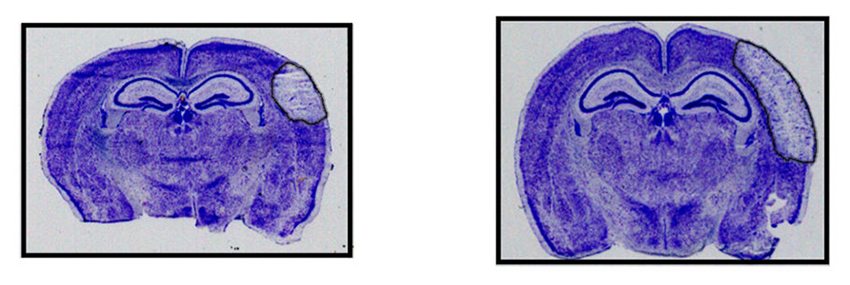
A new treatment for stroke may soon be possible, thanks to a discovery by an international team of researchers led by UBC.
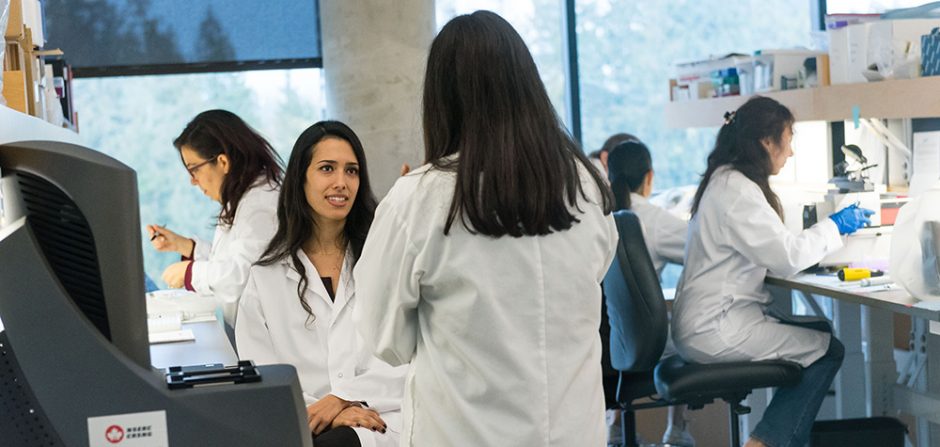
Reproductive experiences may change the trajectory of women’s aging across the lifespan, finds new research from the Djavad Mowafaghian Centre for Brain Health.

The UBC study, led by Helen Tremlett, is the first of its kind.
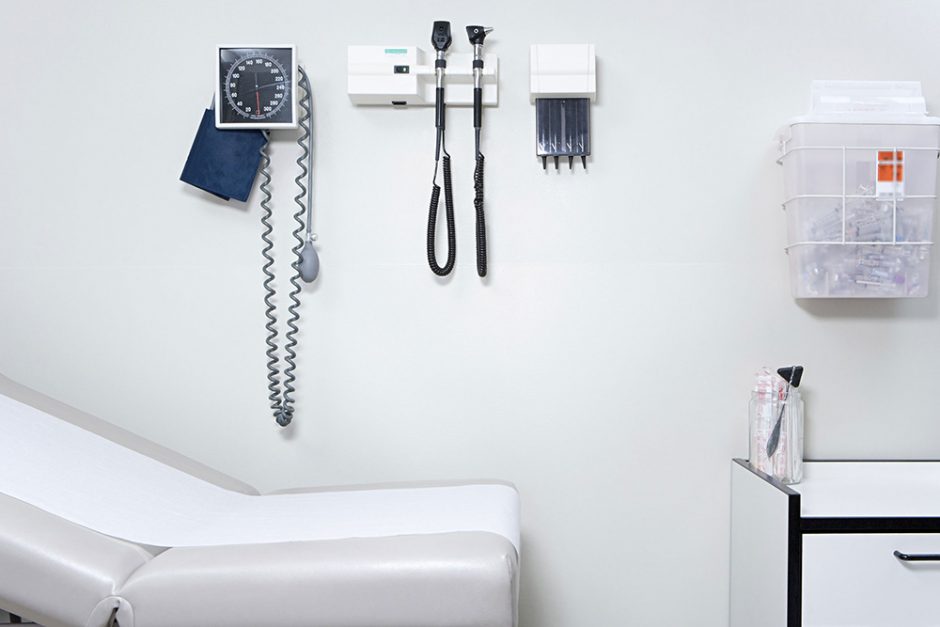
Findings could lead to new treatments for neurodegenerative diseases
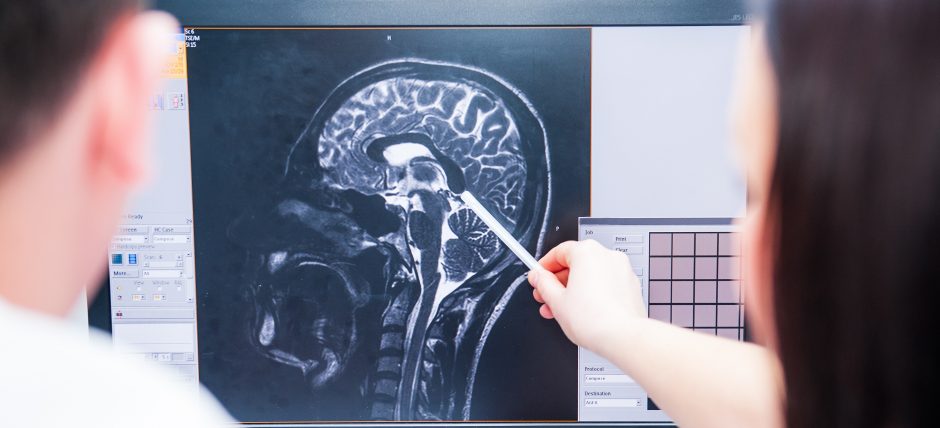
UBC researchers involved in groundbreaking pan-Canadian research program.
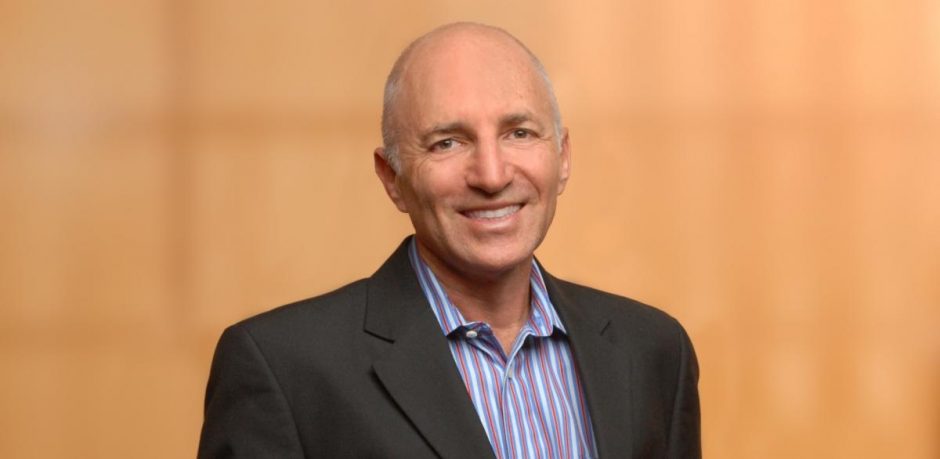
After receiving pieces of DNA called antisense oligonucleotides, the mice also became less anxious and depressed.

The researchers found a distinctive and significant difference in chemical tags on 12 regions of the genome.

The loosening was detected two weeks post-concussion, when the players said they felt fine and were deemed ready to play.
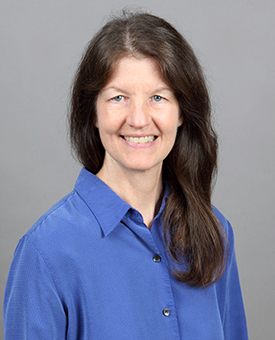
Heparin sulfate, when bound to neurexin, a key synaptic protein, creates a sort of scaffold, strengthening neuronal connections.
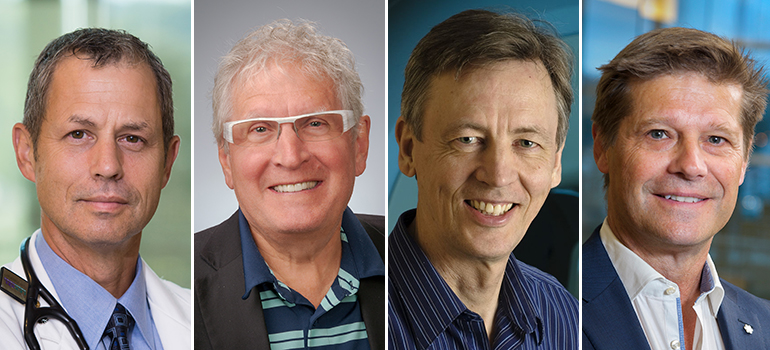
Andrew Krahn, Bruce McManus, Kullervo Hynynen and Martin Gleave are being honoured for their accomplishments in heart health, brain health and cancer.









